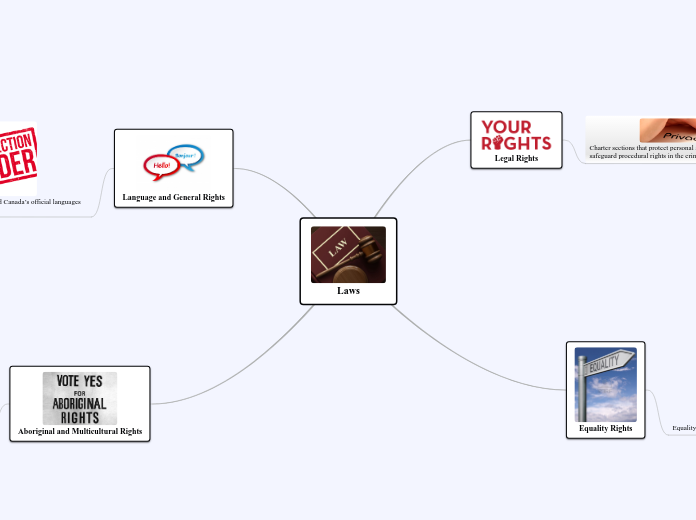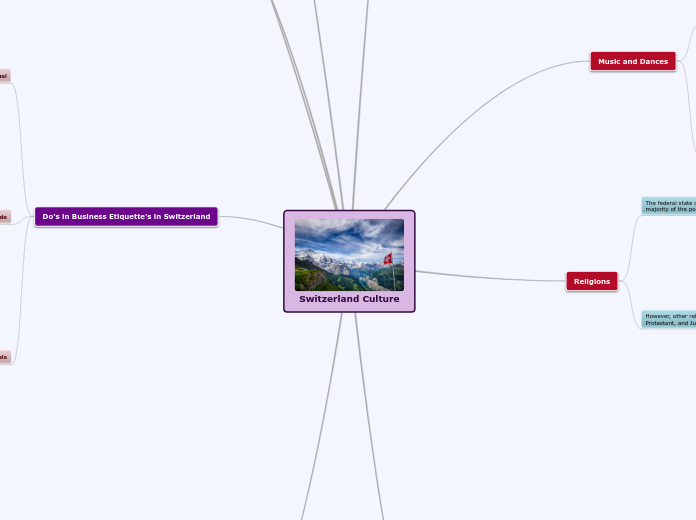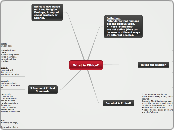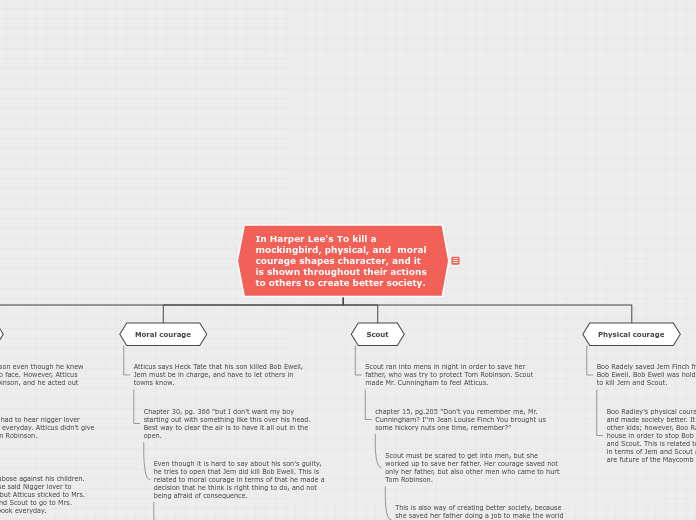af Esha Banerjee 5 år siden
329
Laws
Canadian laws mandate the protection and equal recognition of both English and French in all government institutions, ensuring linguistic inclusivity. Legal provisions from Sections 16 to 22 of the Charter emphasize the equal status of these languages, while Section 23 secures education rights for minority language groups.









